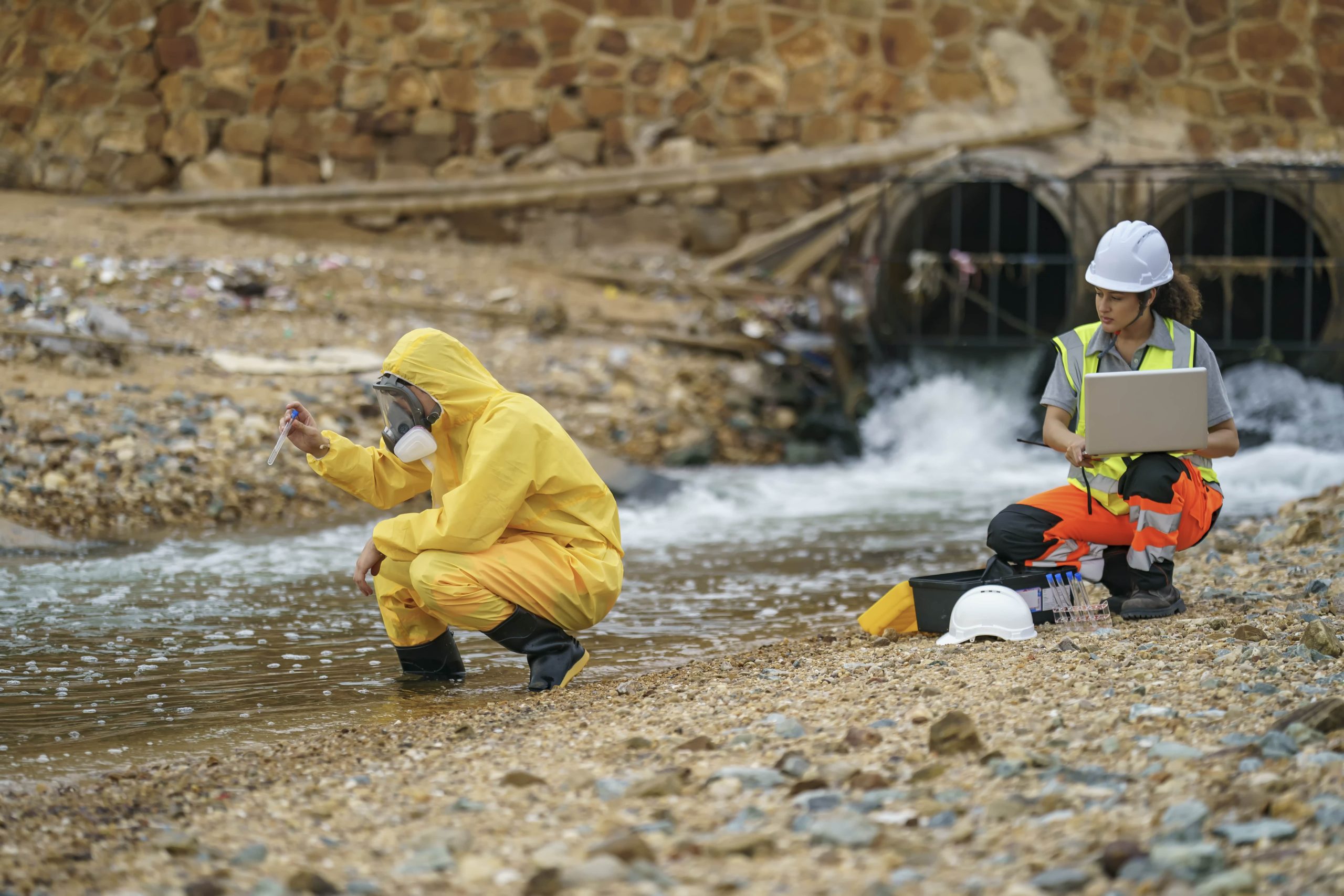As cities around the globe grapple with the intertwined challenges of climate change, rapid urbanization, and increasing water insecurity, the need for innovative solutions has never been more pressing. A recent report from the World Economic Forum (WEF) and Imperial College highlights these issues, underscoring the urgency for cohesive and well-funded strategies.
The Triple Threat Facing Urban Areas
Urban centers are at the forefront of the climate crisis, where rising temperatures, flooding, and resource scarcity are becoming commonplace. This report identifies three primary challenges:
- Climate Crisis: Cities contribute significantly to greenhouse gas emissions, exacerbating global warming.
- Rapid Urbanization: An increasing population density puts immense pressure on infrastructure and resources.
- Water Insecurity: Diminishing freshwater supplies and increased demand lead to a precarious situation for urban populations.
Fragmented Solutions and Funding Gaps
Despite the pressing nature of these challenges, the report reveals that existing solutions are often fragmented and underfunded. Many cities have implemented isolated initiatives that fail to address the interconnectedness of these issues. This disjointed approach not only limits the effectiveness of individual projects but also leads to wasted resources.
For example, while some cities have developed innovative water conservation technologies, others have focused solely on reducing emissions without considering how these strategies can complement one another. A more integrated approach is essential for sustainable urban development.
Call for Innovation and Collaboration
The WEF report emphasizes the need for coordinated efforts among governments, private sectors, and research institutions to foster innovation. Collaborative projects that bring together diverse stakeholders can lead to more comprehensive solutions, addressing the challenges holistically rather than in silos. Key recommendations include:
- Increase funding for urban resilience projects that incorporate climate adaptation and water management.
- Encourage public-private partnerships to leverage expertise and resources.
- Invest in research and development to create scalable solutions that can be applied across various urban contexts.
As cities continue to expand and face the realities of climate change, the urgency for effective solutions becomes increasingly critical. By addressing these challenges collaboratively, urban areas can not only mitigate risks but also enhance the quality of life for their residents.
In conclusion, the intersection of climate change, urbanization, and water security presents a complex landscape that demands innovative thinking and cooperative action. The findings from the WEF and Imperial College serve as a clarion call for stakeholders to come together and invest in a sustainable future for urban centers worldwide.



